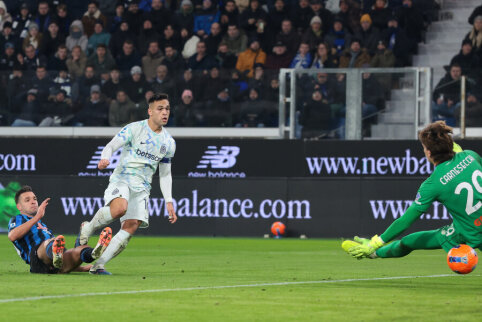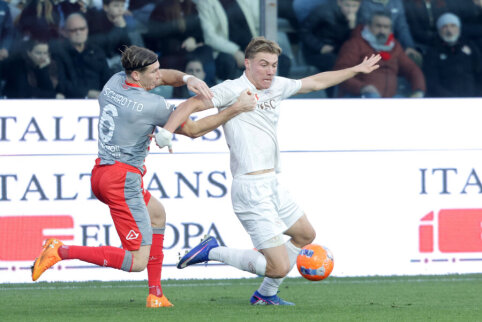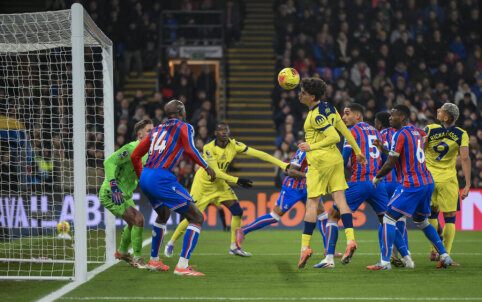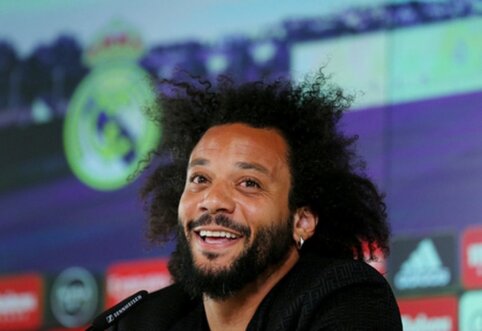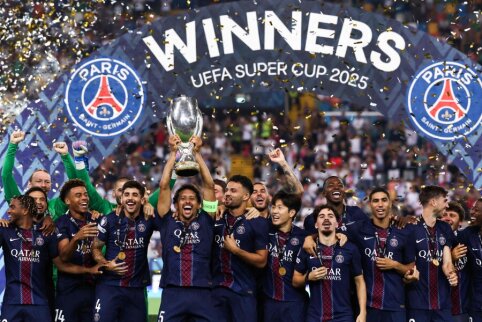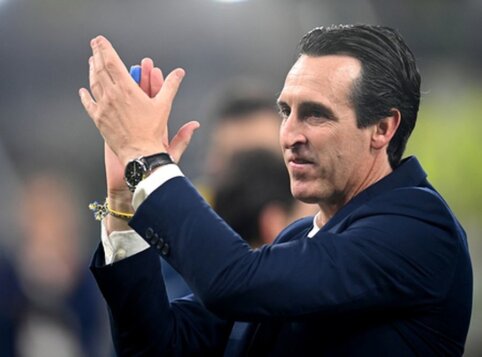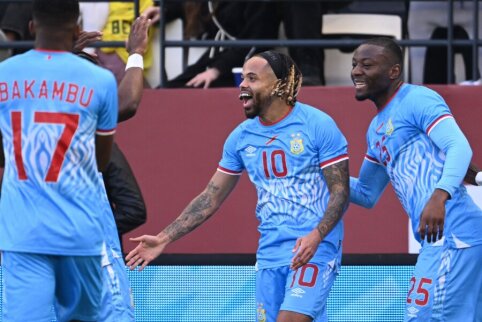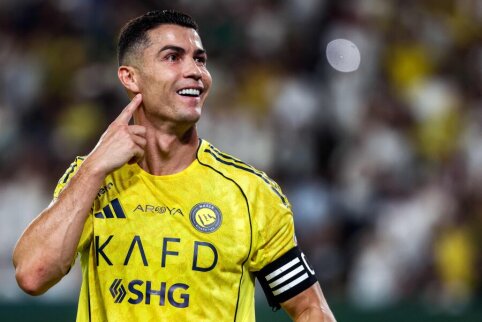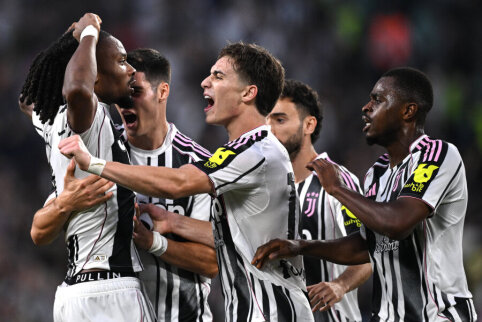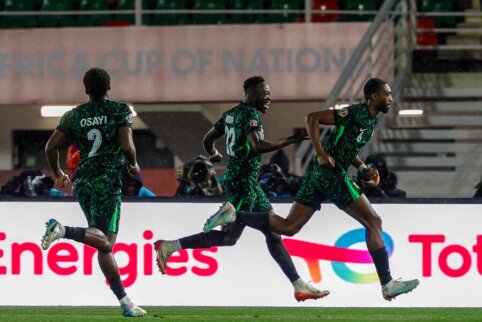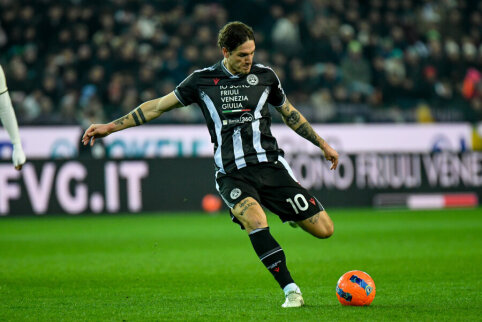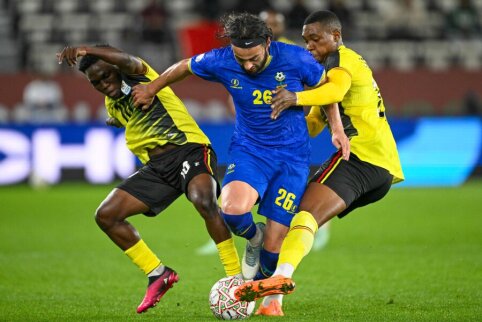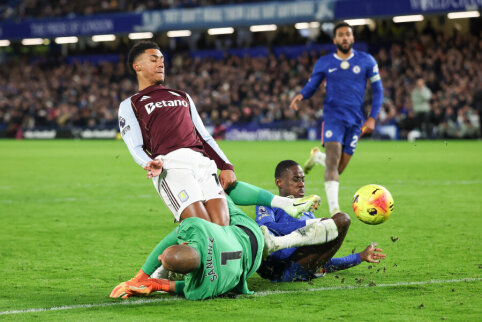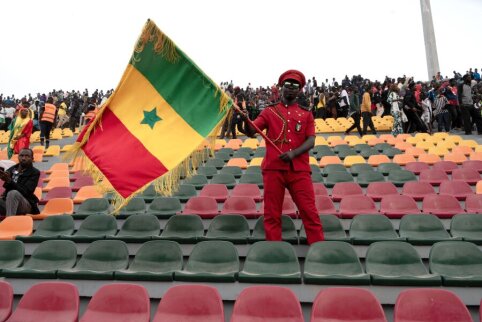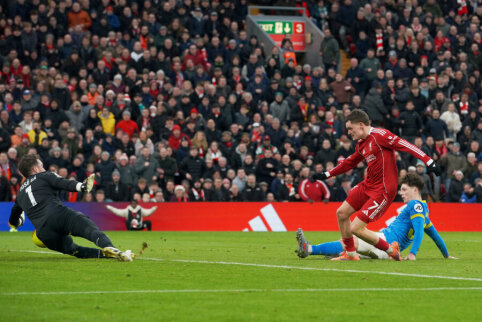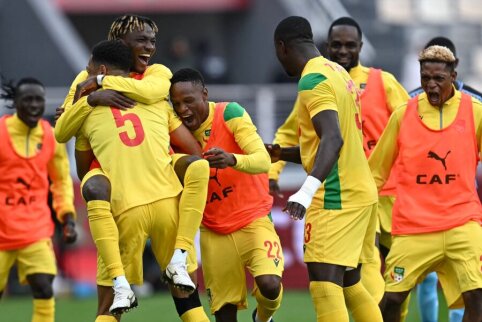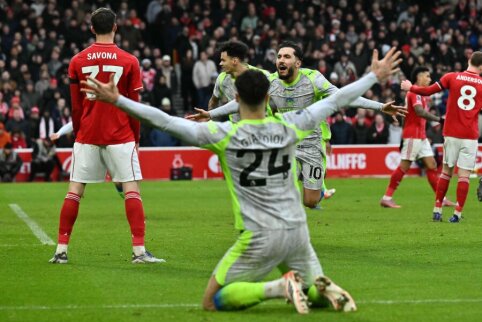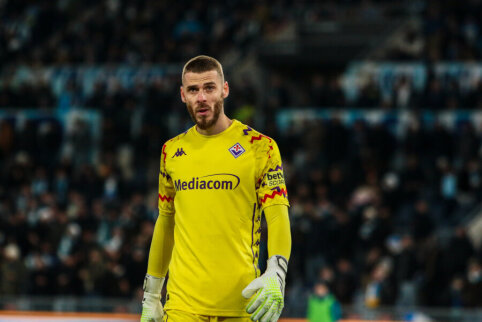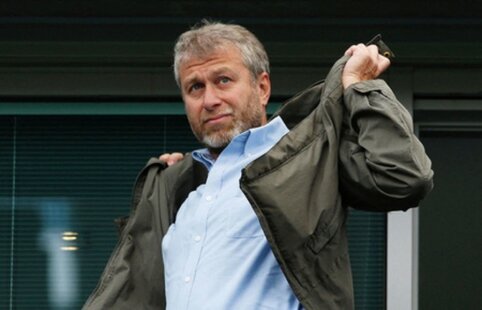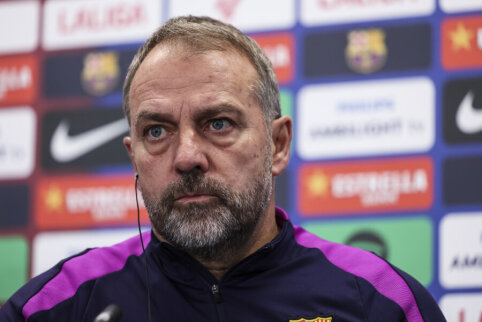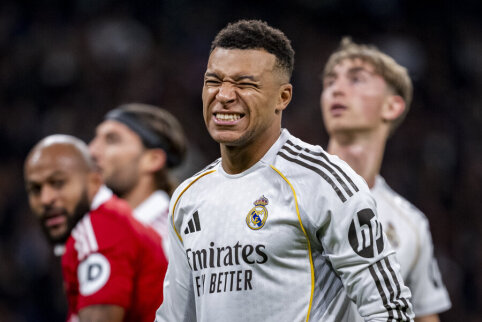 © EuroFootball.com
© EuroFootball.com
The representatives of the Lithuanian Football Federation (LFF) and other smaller countries have managed to preserve the current format of qualifying for the final stages of European or World football championships. At the UEFA strategic meeting in Cyprus, Lithuanian representatives were among those who resisted pressure and spoke out against the division of national team qualifying matches. Discussions on qualifying competition systems At the European football strategic meeting in Cyprus last week, LFF President Liutauras Varanavičius and General Director Julius Kvedaras participated. One of the most significant issues discussed was a proposal to change the qualifying competition system for the European Championship or World Cup in the European zone. According to this proposal, the qualifying matches for national teams would be divided into two stages, reducing the number of teams in groups. Larger countries would play fewer matches to reach the final stage and play more matches against each other in the "elite" group. "We, smaller countries, would have fewer opportunities to compete against the giants, and overall, such elitist ideas were unacceptable. We are pleased that we managed to defend our interests. It was decided not to change the system in the near future," explained LFF President L. Varanavičius. There were also many discussions about the format of U-21 national team qualifying matches, but no decision was made. "We proposed to return to the old format, where youth qualifying matches take place simultaneously with the national team qualifying matches. This allowed for saving resources, allowing youth players to represent both the youth team and the national team. There were various opinions, but everyone agreed that the system is not perfect, so a new model will be sought," said the LFF leader. Changes in the match calendar However, some changes related to national team competitions were planned. It was agreed that the international match calendar for national teams will eliminate separate dates for single matches - such as the traditional friendly matches day on August 10th. Now, national teams will play 9 times with two matches each in one cycle. The participants of the meeting unanimously endorsed the new concept of a "football week," where national team qualifying matches would take place not only over two designated days as now but would be spread out over almost an entire week, allowing fans to see more national team matches. It was also agreed that the number of participants in the European Women's Football Championship and the U-17 girls' final stage should be increased, while the current tournament formats for other competitions were approved. Interest in the Baltic League concept The Lithuanian, Latvian, and Estonian organized Baltic League football club tournament also attracted attention among the strategic issues. With the growing interest in such competitions, UEFA will set up a working group to provide proposals to interested countries on how to utilize the experience of the Baltic countries, promote interest in such competitions by applying sports motivation from the UEFA side. Decisions made at the strategic meeting will be included in the agendas of the highest UEFA bodies - Congress, Executive Committee - and will be analyzed in individual committees."
